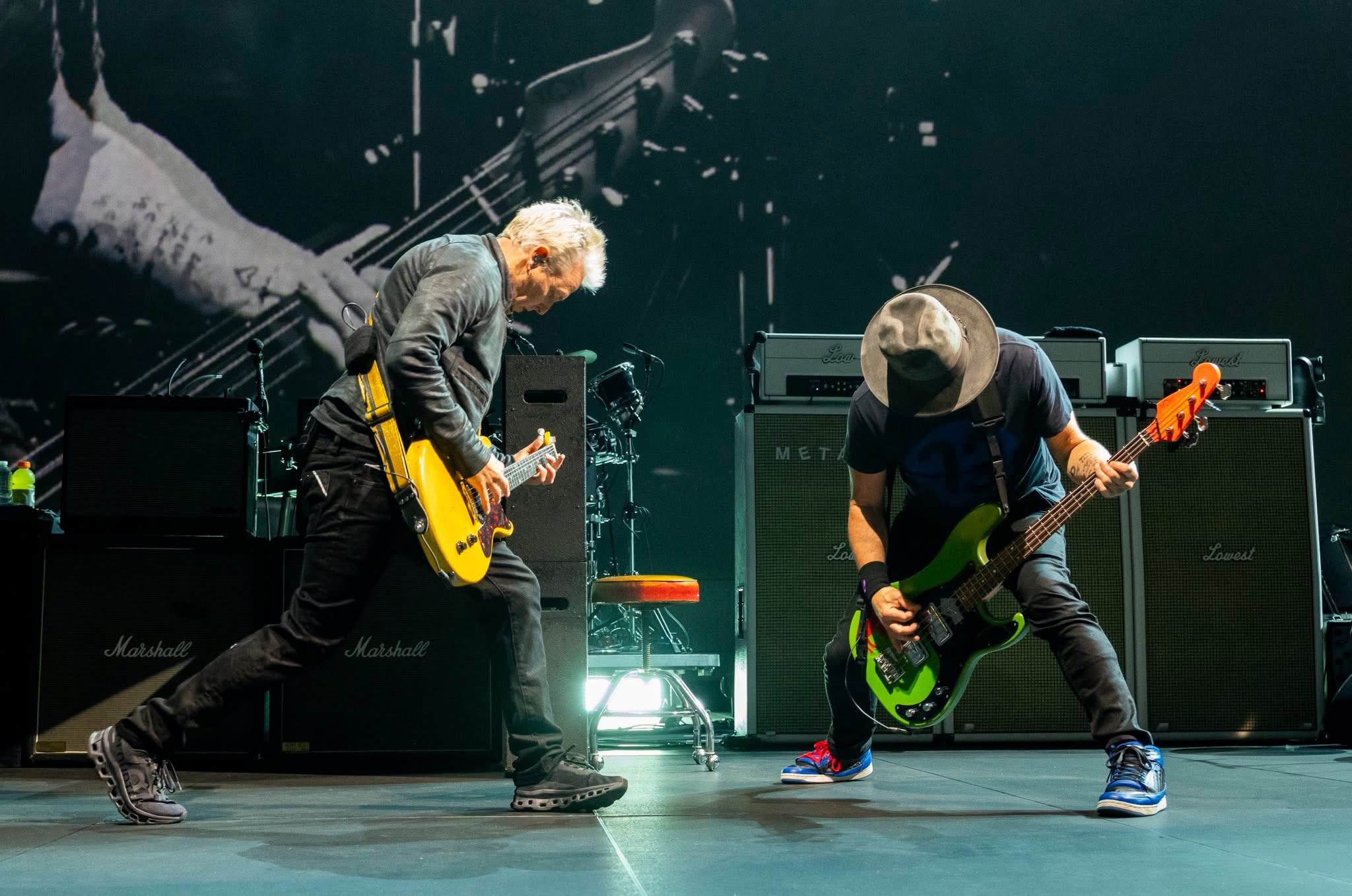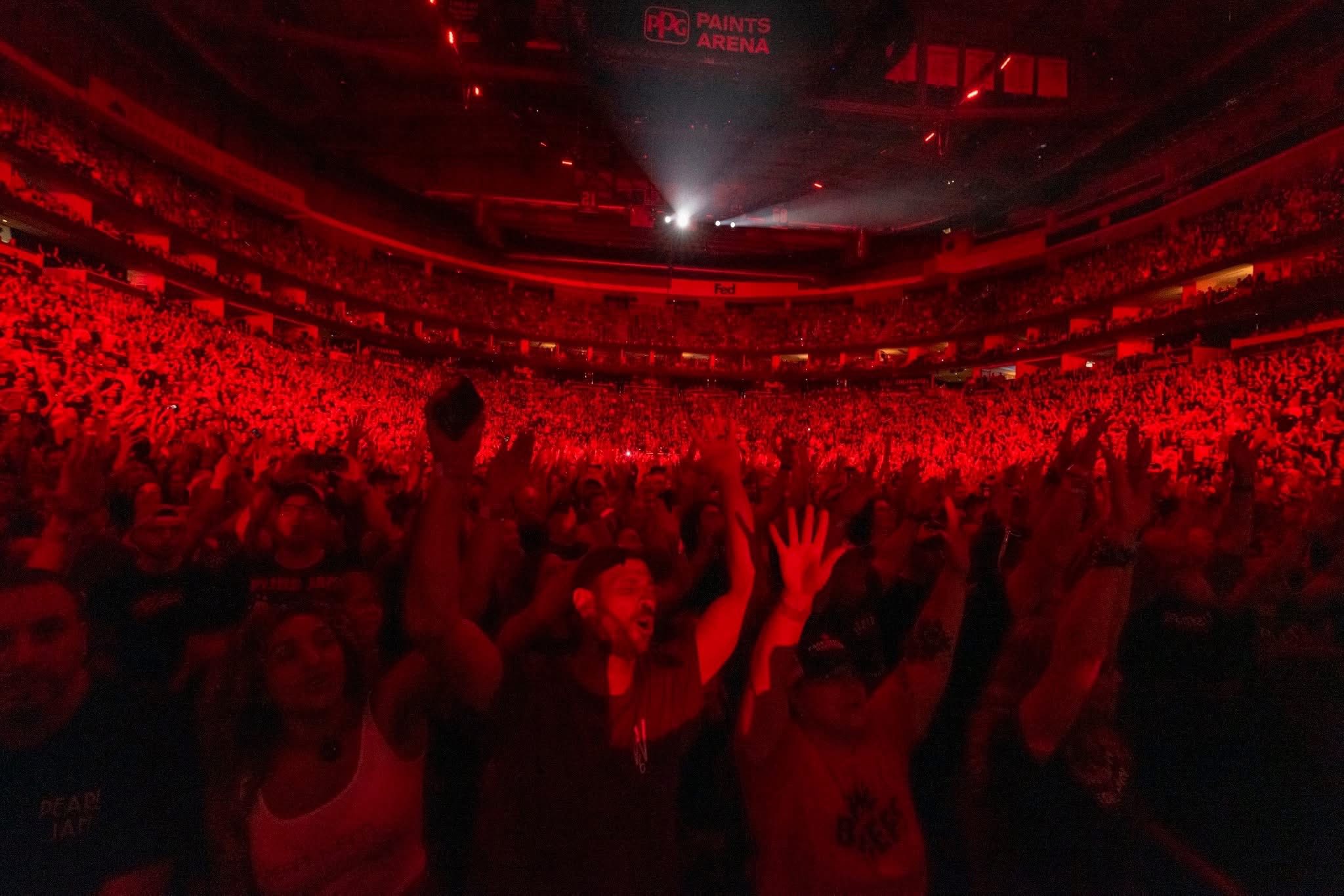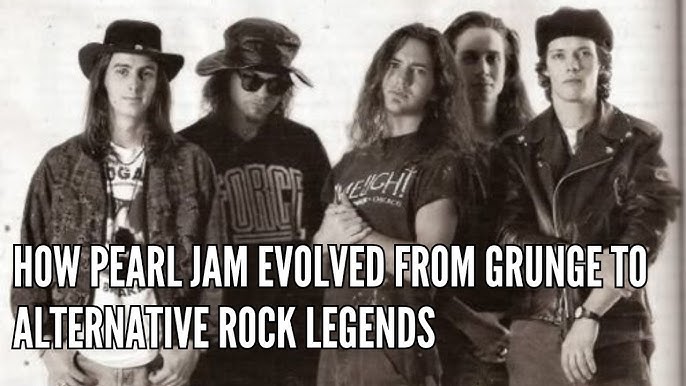EARL JAM – The Last Survivors of the Grunge Generation

EARL JAM – The Last Survivors of the Grunge Generation
When the lights dimmed in Seattle, they kept burning.
As the ’90s grunge explosion began to collapse under the weight of its own brilliance — with lives lost, bands broken, and a city haunted by its sound — Pearl Jam emerged as the rarest of rock anomalies: survivors with soul intact.
Their 1991 debut, Ten, wasn’t just a success — it was a cultural detonation. Furious, melodic, and emotionally naked, it introduced the world to a new kind of frontman: Eddie Vedder, a baritone poet who sang like he was trying to outrun his own past. From the thunder of “Alive” to the mournful ache of “Black,” Pearl Jam’s music was never about polish. It was about pain, truth, and something unsaid— something you felt deep in your chest, even if you couldn’t explain why.
But while fame came fast, they didn’t chase it. They resisted.
Pearl Jam didn’t play by the rules — they broke them:
-
They refused to make flashy music videos when MTV was king.
-
They took on Ticketmaster in a battle for fair ticket prices — sacrificing millions in revenue to stand by their values.
-
They released experimental albums (Vitalogy, No Code, Yield) that confused critics but built deeper bonds with fans.
-
They played shows that lasted hours, changing setlists every night, honoring their audience as fellow travelers, not consumers.

Pearl Jam isn’t just a band — they’re a movement.
Their music speaks to the outsiders, the misunderstood, the angry, the grieving.
-
“Alive” isn’t a victory lap — it’s a desperate gasp for meaning.
-
“Black” doesn’t follow pop structure — it bleeds.
-
“Jeremy” captured a generation’s trauma before we even had words for it.
While their peers fell to tragedy — Kurt Cobain, Layne Staley, Chris Cornell — Pearl Jam endured. Not because they were luckier. But because they stayed grounded in why they made music in the first place. It was never about fame, trends, or chart positions. It was — and still is — about truth, integrity, and resistance.
And now, decades later, they’re still here.
Still writing. Still touring. Still fighting the machine.Pearl Jam is not the last band standing — they’re the last ones still speaking.
And for anyone who ever screamed into a pillow, cried to a guitar riff, or clung to lyrics like a lifeline — they’re still singing for you.











